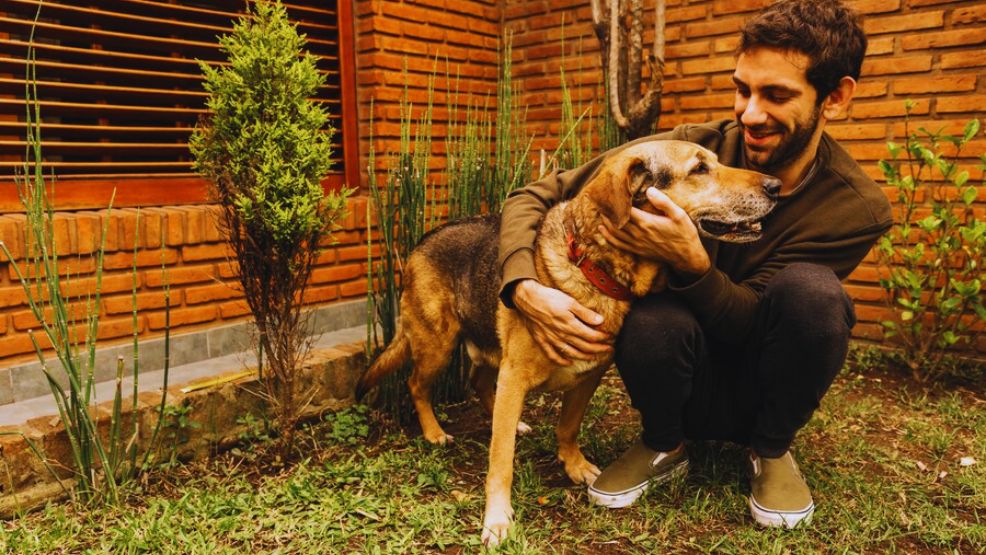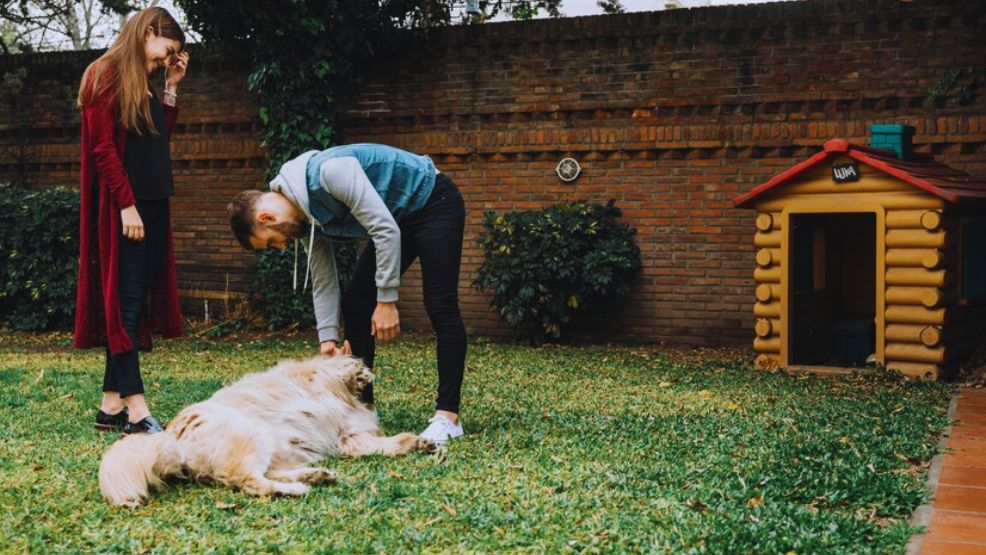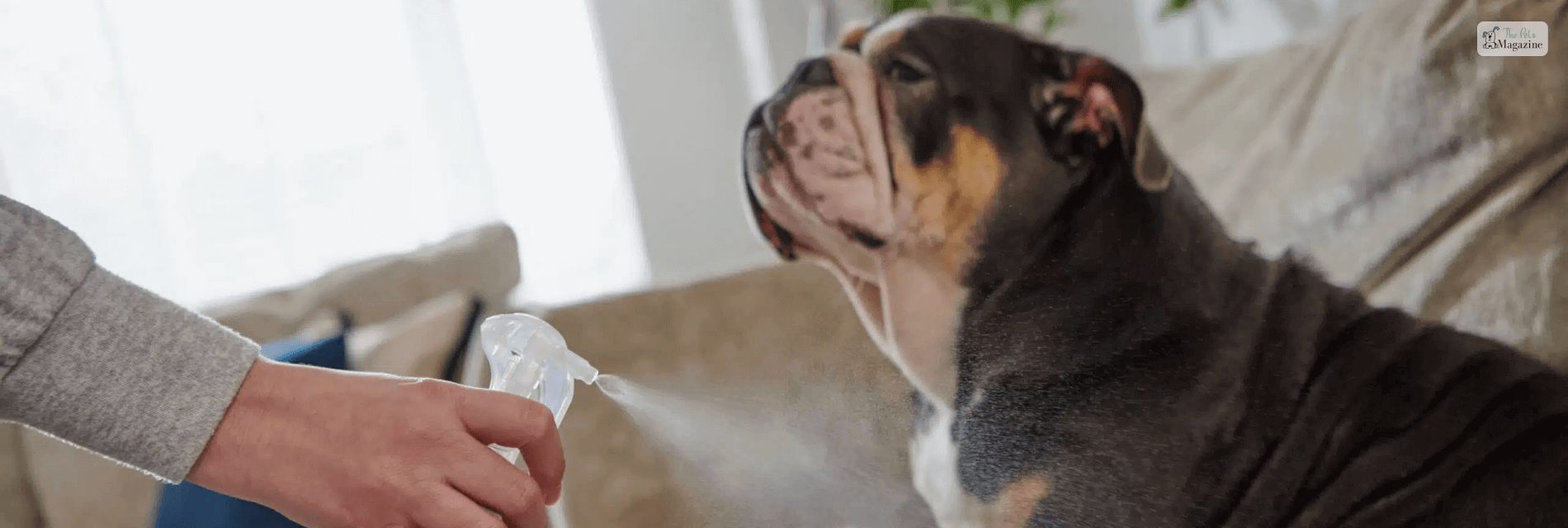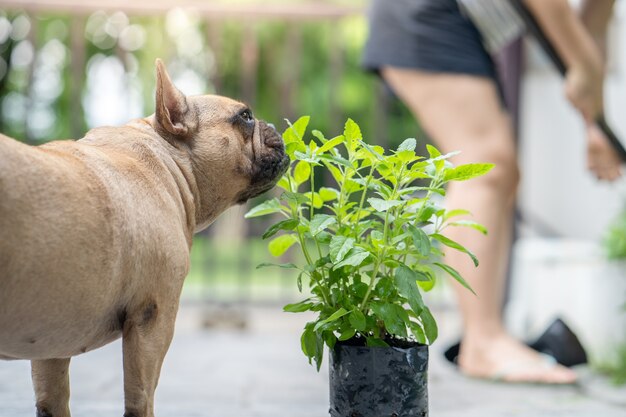What To Do If You Are Bit By A Dog On Your Own Property


Being bitten by someone else’s dog on your property is a stressful and potentially dangerous situation. It’s important to handle the incident carefully to ensure your safety, document the event, and understand your legal rights. Here’s a detailed guide on what you should do and the legal implications of such an incident.
Immediate Actions to Take
Treating a dog bite needs attention. However, you might be confused and scared at the moment. So, to begin with, remove yourself from the situation and follow these safety measures.
Ensure Safety
The first priority is to remove yourself from immediate danger. Secure yourself in a safe location where the dog cannot reach you. If the dog is still aggressive, call for help or contact animal control.
Assess and Treat the Injury
Check the severity of the bite. Even minor wounds can lead to infections if untreated. If the bite breaks the skin:
- Wash the wound thoroughly with soap and water.
- Apply an antiseptic to reduce the risk of infection.
- Cover the wound with a sterile bandage.
- Seek immediate medical attention if the wound is deep, bleeding heavily, or if you suspect the dog may carry rabies.
Identify the Dog and Its Owner
Determine whether the dog belongs to a neighbor or visitor. Ask the owner about the dog’s vaccination history, particularly its rabies vaccination. This information will be crucial for your medical provider.
Report the Incident
Notify local animal control or the appropriate authorities about the bite. Reporting helps document the event and may prevent future attacks. Provide details about the dog, its owner, and the circumstances of the bite.
Legal Considerations

The legal responsibility in a dog bite case depends on state laws, local ordinances, and the circumstances of the attack. Here’s what to keep in mind:
Dog Owner’s Liability
In many states, dog owners are held responsible for injuries caused by their pets, especially if the dog has a history of aggression or if local laws impose strict liability. This means the owner can be held liable even if they were unaware of the dog’s aggressive tendencies.
Trespass and Property Laws
If the dog’s owner or the dog was on your property without permission, this strengthens your case. Being bitten on your own property typically indicates that you were not trespassing or provoking the dog, making it easier to hold the owner accountable.
Homeowner’s Insurance
If the dog’s owner is a neighbor or a visitor, their homeowner’s insurance policy might cover the costs of your medical treatment and other damages. In some cases, your homeowner’s insurance may provide additional coverage.
Steps to Protect Your Rights

If you are thinking of taking legal action, then there are certain things that you have to take care of before you file a case. Here are the steps mentioned.
Document the Incident
Take photos of the injury, the dog, and the location where the bite occurred. If there were witnesses, get their contact information and statements. This evidence can be critical if you need to file a legal claim.
Seek Medical and Legal Advice
Louisville dog bite lawyers insist on immediately seeing a healthcare provider to treat your injuries and discuss long-term implications like scarring or nerve damage. It’s also wise to consult a personal injury attorney to understand your legal options and potential compensation.
File a Claim or Lawsuit
Depending on the severity of the bite and the damages incurred (medical bills, lost wages, or pain and suffering), you may need to file an insurance claim or a personal injury lawsuit. An attorney can guide you through this process.
What Kind of Damages Can a Victim of a Dog Bite Can Recover?

If you are bitten by a dog on someone else’s property, there are various expenses and losses that you can incur from a dog bite or any animal attack in general. Some of the common expenses include:
- Medical expenses, hospital admittance, medications, and plastic surgery
- Psychiatric care and physical therapy
- Lost wages for the time lost at work because of medical treatment and recovery
- Pain and suffering
- Property damages
However, if the dog has a history of biting, popularly known as the one-bite rule, then the victim can receive double or triple the compensatory damages. The victim might even get punitive damages as a punishment against the owner of the dog.
If the injuries are not severe and the compensatory damages are low, then it would not be the best decision to file a court case. Most people choose to settle the case and not take it to court. There are certain advantages of a quick settlement. Those are:
- Getting the compensation faster
- It prevents any kind of unpredictable decisions
- You get to avoid the lawyer fees
- Get rid of the tiring court proceedings and appearances
However, consulting with a dog bite lawyer to discuss the case, assess the fees, and evaluate the damages helps the defendants and victim a clear picture of the trial or whether there is a chance for reasonable settlement.
Preventing Future Incidents
While you may not have control over other people’s pets, there are steps you can take to reduce the risk of future dog bites:
- Fencing and Gates: Ensure your property is secure to prevent stray or aggressive dogs from entering.
- Signage: Consider posting signs like “No Trespassing” or “Beware of Dog” to deter uninvited guests with pets.
- Addressing Problem Dogs: If a neighbor’s dog poses a recurring threat, discuss the issue with the owner or local authorities to address the problem proactively.
Being bitten by a dog on your own property can lead to significant physical and emotional trauma, but understanding your rights and taking immediate action can help you navigate the situation effectively. Whether seeking medical care, reporting the incident, or pursuing legal action, each step plays a vital role in ensuring your recovery and preventing similar incidents in the future.









Leave A Comment